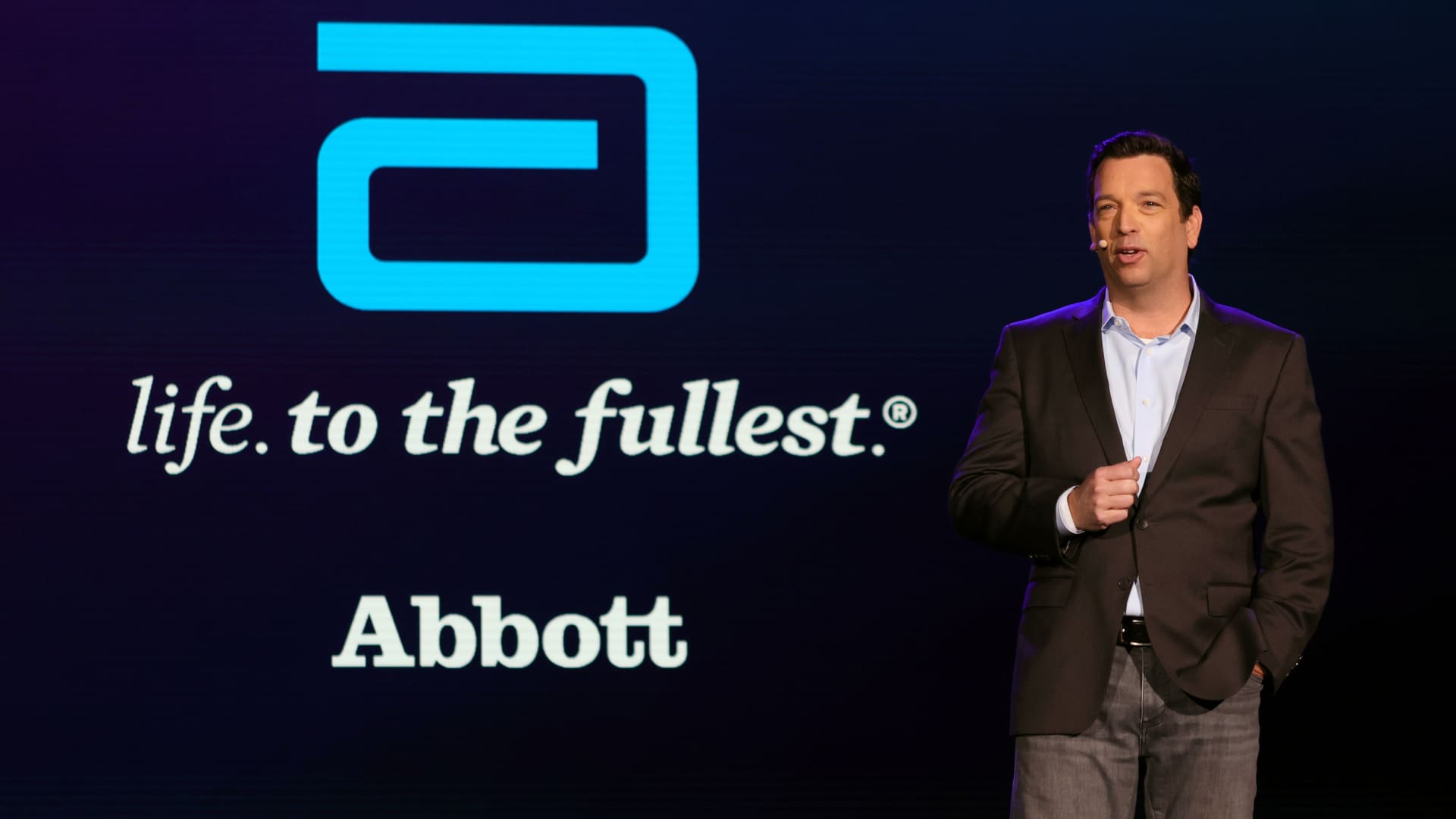Abbott Labs’ Earnings Surprise Signals Strong Market Confidence
Abbott Laboratories (NYSE: ABT) stunned Wall Street this week by reporting unexpected earnings growth, triggering a 7.2% surge in its stock price. The healthcare giant announced Q2 earnings of $1.08 per share, beating analyst estimates by $0.12, with revenue climbing 10.5% year-over-year to $10.5 billion. This robust performance, reported on July 20, 2023, reflects successful cost management, strong demand for diagnostics, and investor optimism about Abbott’s long-term strategy in volatile market conditions.
Breaking Down Abbott’s Stellar Financial Performance
The company’s earnings surprise came from three key segments:
- Diagnostics: Revenue jumped 12.3% to $3.2 billion, driven by continued COVID-19 testing demand and new product launches
- Medical Devices: Grew 8.7% to $3.8 billion, with Freestyle Libre glucose monitors exceeding sales targets
- Nutrition: Posted 5.9% growth despite inflationary pressures in the consumer segment
“Abbott’s ability to outperform across multiple business units demonstrates remarkable operational execution,” noted Sarah Williamson, healthcare analyst at Fidelity Investments. “Their diversified portfolio acts as both shield and spear—protecting against market volatility while capitalizing on growth opportunities.”
Strategic Moves Behind the Numbers
CEO Robert Ford’s strategic initiatives appear to be paying dividends. The company has:
- Accelerated R&D spending by 15% year-over-year
- Expanded manufacturing capacity for high-demand products
- Implemented AI-driven supply chain optimizations saving $300 million annually
Industry observers point to Abbott’s $1.5 billion acquisition of cardiovascular device maker Walk Vascular in Q1 as particularly prescient. “That deal gave them immediate access to high-growth thrombectomy technology just as vascular procedures rebounded post-pandemic,” explained Dr. Michael Chen, medical technology consultant at Deloitte.
Market Reaction and Analyst Sentiment
The earnings beat prompted at least 12 major brokerages to upgrade their price targets, with Morgan Stanley raising its projection to $135 from $118. Trading volume spiked to 9.8 million shares—2.3 times the 30-day average—as institutional investors increased positions.
Bullish vs. Cautious Perspectives
While most analysts remain optimistic, some voice measured concerns:
Bull Case: “Abbott’s diagnostics business alone could sustain 6-8% annual growth through 2025,” argues Goldman Sachs’ David Lee. “When you layer on device innovation and international expansion, this becomes a core holding.”
Bear Considerations: JPMorgan’s healthcare team notes potential headwinds: “Supply chain costs remain elevated, and we’re seeing payer pushback on some device pricing. The next quarter’s guidance will be crucial.”
Competitive Landscape and Industry Implications
Abbott’s performance stands in contrast to some healthcare peers:
| Company | Q2 Earnings Variance | Stock Reaction |
|---|---|---|
| Johnson & Johnson | -2.1% miss | -3.4% |
| Medtronic | +0.8% beat | +1.2% |
| Abbott | +12.5% beat | +7.2% |
The disparity suggests Abbott is gaining market share in key therapeutic areas. Its diabetes care platform now commands 38% of the continuous glucose monitoring market, up from 32% a year ago.
Workforce and Innovation Advantages
Behind the financials, Abbott’s human capital strategy appears differentiated. The company has:
- Maintained 94% employee retention despite industry-wide turnover
- Increased diverse hiring by 18% since 2020
- Secured 47 new patents in Q2 alone
“Their culture of empowering scientists and engineers to drive innovation creates a sustainable competitive advantage,” observes Harvard Business School professor Linda Hill, who studies organizational behavior in healthcare companies.
Future Outlook and Investor Considerations
Looking ahead, Abbott raised full-year EPS guidance to $4.35-$4.55 from $4.10-$4.30. Key growth drivers include:
- Pending FDA approvals for next-gen neurological devices
- Expansion in emerging markets (particularly India and Brazil)
- Pipeline of 12 late-stage clinical trials
However, risks remain. The medical device tax returns in 2023, and recession fears could impact elective procedures. Abbott’s debt-to-equity ratio of 0.48, while manageable, bears watching if interest rates keep climbing.
What This Means for Healthcare Investors
Abbott’s surprise performance suggests healthcare may offer defensive growth in uncertain markets. Investors should:
- Monitor upcoming FDA decisions on Abbott’s mitral valve repair system
- Track diagnostics sales as COVID testing evolves to endemic status
- Assess whether competitors can close the innovation gap
“This earnings beat wasn’t a fluke—it’s the result of strategic bets made 3-5 years ago coming to fruition,” concludes Morningstar’s healthcare strategist Damien Conover. “The question now is whether they can maintain this innovation tempo.”
For investors seeking exposure to healthcare’s growth potential, Abbott’s diversified business model and execution track record warrant serious consideration. As always, consult your financial advisor to determine if ABT aligns with your portfolio objectives and risk tolerance.
See more Business Focus Insider Team

